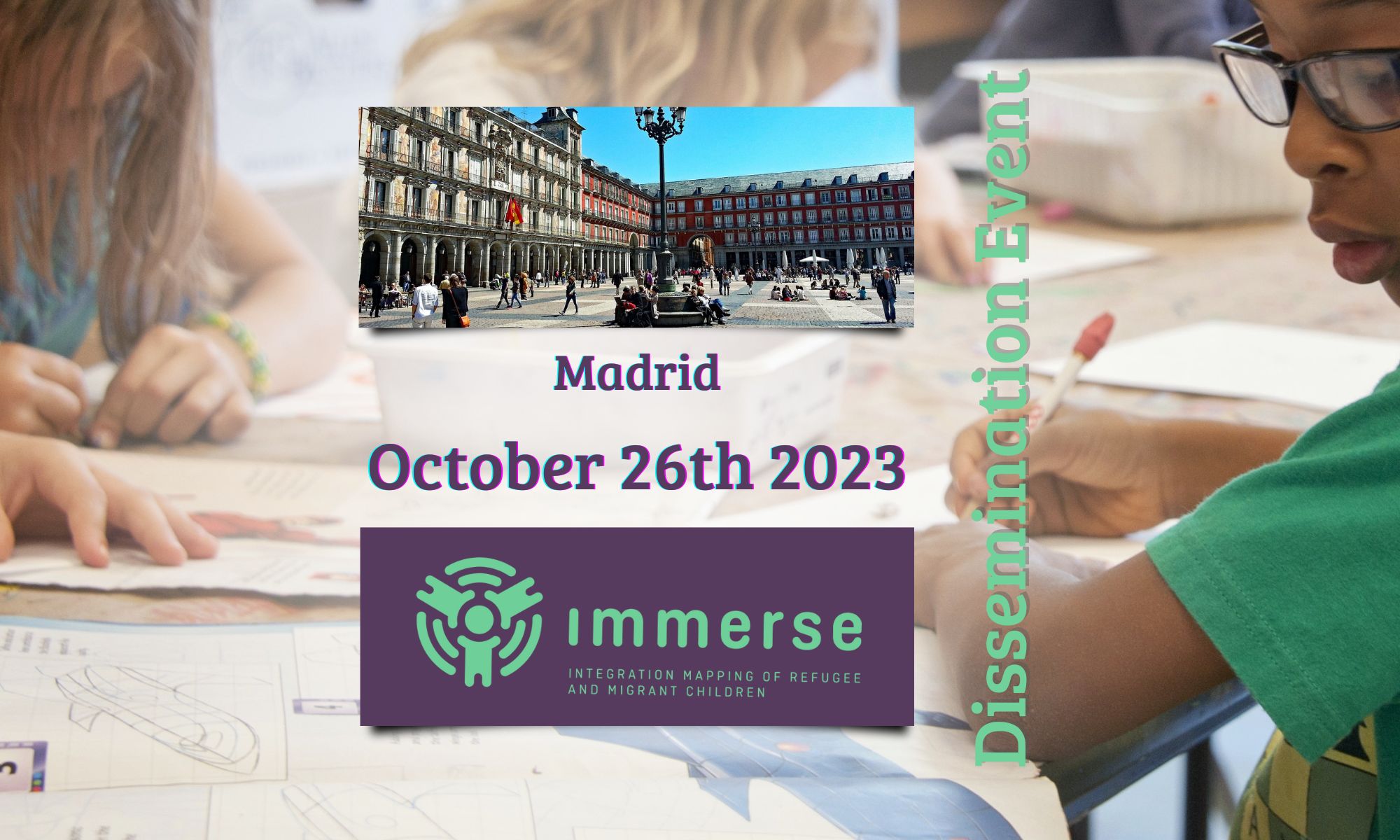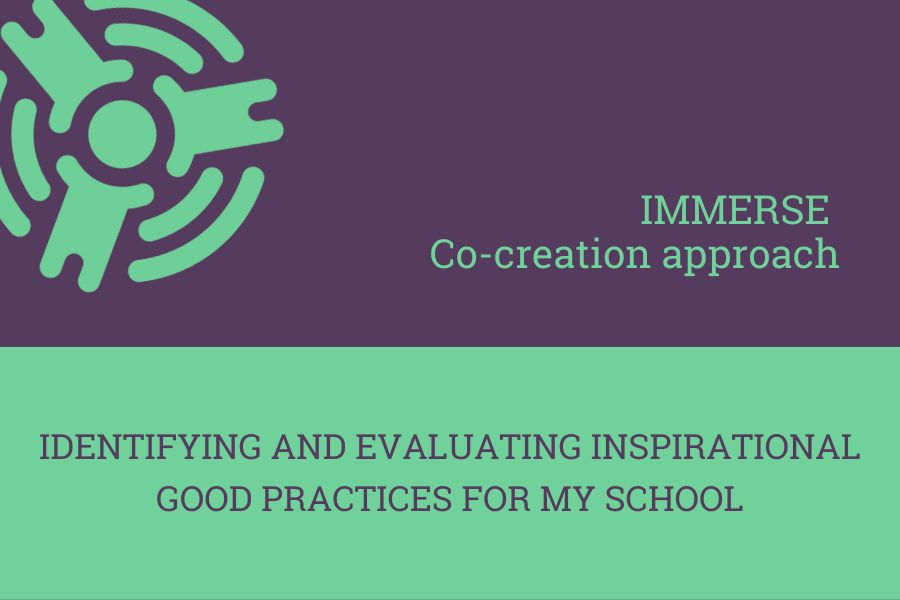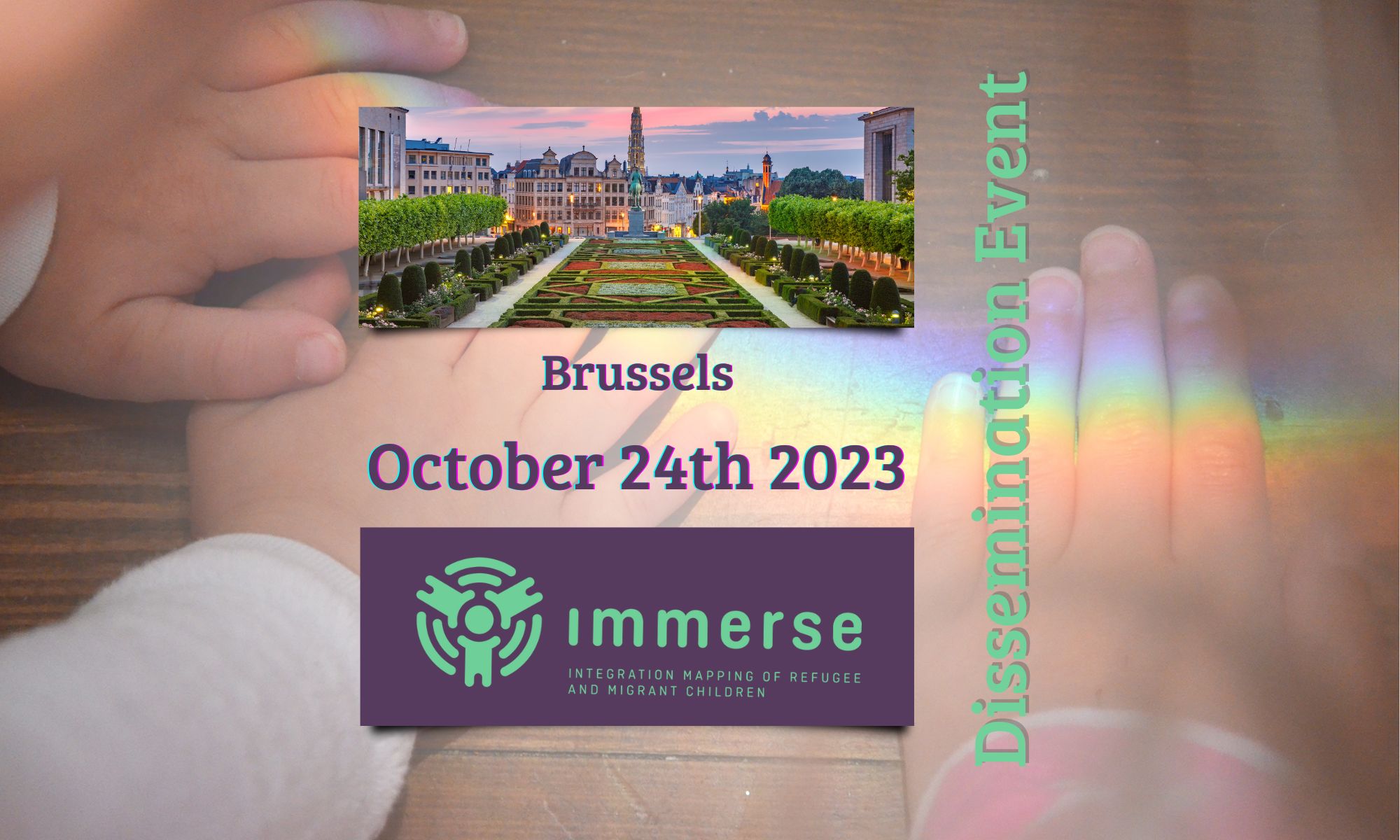Description
PERCORSI is a project dedicated to the training, employment and integration of young migrants. Started in 2016, the project is operated by the Directorate General of Immigration and Integration Policies of the Italian Ministry of Labour and Social Policies and implemented in collaboration with ANPAL Servizi S.p.A. within the framework of the ESF-funded National Operational Program PON Inclusione. The project aims at promoting the social inclusion and job placement of unaccompanied foreign minors (UAMs) in transition towards adulthood and young migrants (up to 23 y.o.), in order to help them reach autonomy once they exit the national reception system, and counteract phenomena such as exploitation, illegal work and social exclusion. Two specific objectives of this project were: - the implementation of 2,048 socio-occupational integration pathways using an array of individualized employment support initiatives (individual endowment). The pathways included activities such as skill assessments, job orientation sessions, and internships, as well as the creation of social support networks; - strengthening the relationship between public-sector institutional partners and key private-sector stakeholders by more accurately defining the governance structure between the groups, with the goal to formulate an integrated, sustainable, and replicable system of intervention aimed at the socio-occupational integration of UAMs.
- Children remain in (formal) education beyond compulsory levels / Access to (formal) non-compulsory education
- Children's legal status
- Children's life satisfaction / happiness
- Children's sense of belonging
- Institutions
- Types & levels of (formal) non-compulsory education attended
Evaluation ex post
Of the 1,781 young migrants who completed their internship, almost a quarter (419) had at least one work contract (1.2 on average) within 3 months after the internship had ended. At 6 months after the internship, that figure rose to one third (589 with 1.5 contracts each), and at 12 months nearly half of all participants had a contract (860 with almost 2 contracts each).
Most of the migrants’ contracts were temporary (i.e. fixed-term) contracts. After the end of the internships, the proportion of these temporary jobs decreased over time as the participants continued to search for work, and this difference was made up for by a relative increase in the number of apprenticeships, from 18.6% to 21.6%, and in the number of permanent contracts, which rose from 10.3% to 15.2%.
The final evaluation report “Cinque anni insieme ai giovani migranti (2016-2020)” is available in English (see link below) and Italian.
https://www.integrazionemigranti.gov.it/AnteprimaPDF.aspx?id=2952
Projects’ deliverables
Final evaluation report, other monitoring and evaluation reports, articles and videos with participants (see link below).
https://youtu.be/nVKRzp1Cw_4
Reproducibility
There were several elements of this project which required ongoing assessment. Here we can mention: the interventions aimed at strengthening and redefining the administrative structure between public institutional partners and the main private stakeholders, the systemization of the intervention model (which is firmly rooted in the system of regional employment services), the training opportunities offered, the integration strategies used, and the replicability of the model at the national level. In an effort to improve the efficacy of the interventions and to increase the overall level of satisfaction with the services provided by the PERCORSI project, feedback was collected using tools such as questionnaires and focus groups. The results of that feedback allowed us to identify and monitor issues which were in need of improvement, but they were also very useful in highlighting the positive reactions received during the entire duration of the project. This information, gradually collected in various reports, functions as a sort of compass, i.e. as a reference point which can be consulted each time challenges arise on the path towards the integration of vulnerable migrants.
Theoretically replicable at the national level, the model is solidly based on an existing network of local employment and training support services.
Motivation for the submission
The project focuses on a crucial period of transition of young migrant, i.e. the passage to the adult age, and provides for individual professional training and counselling.



